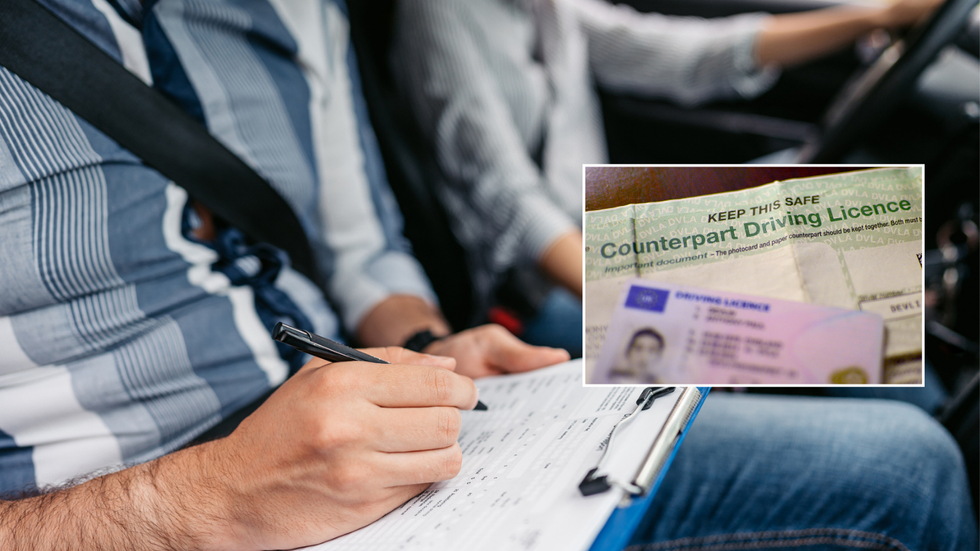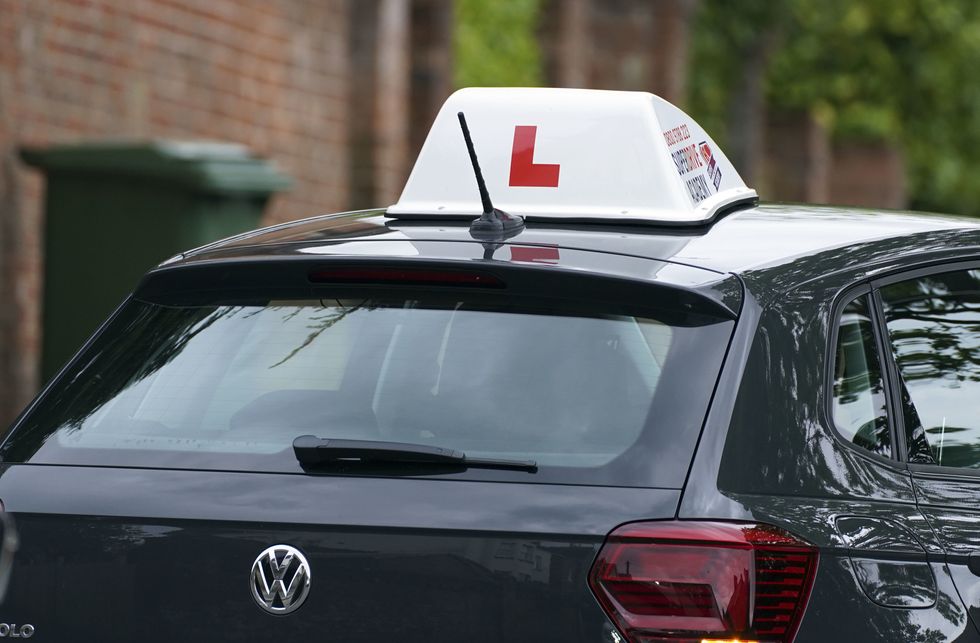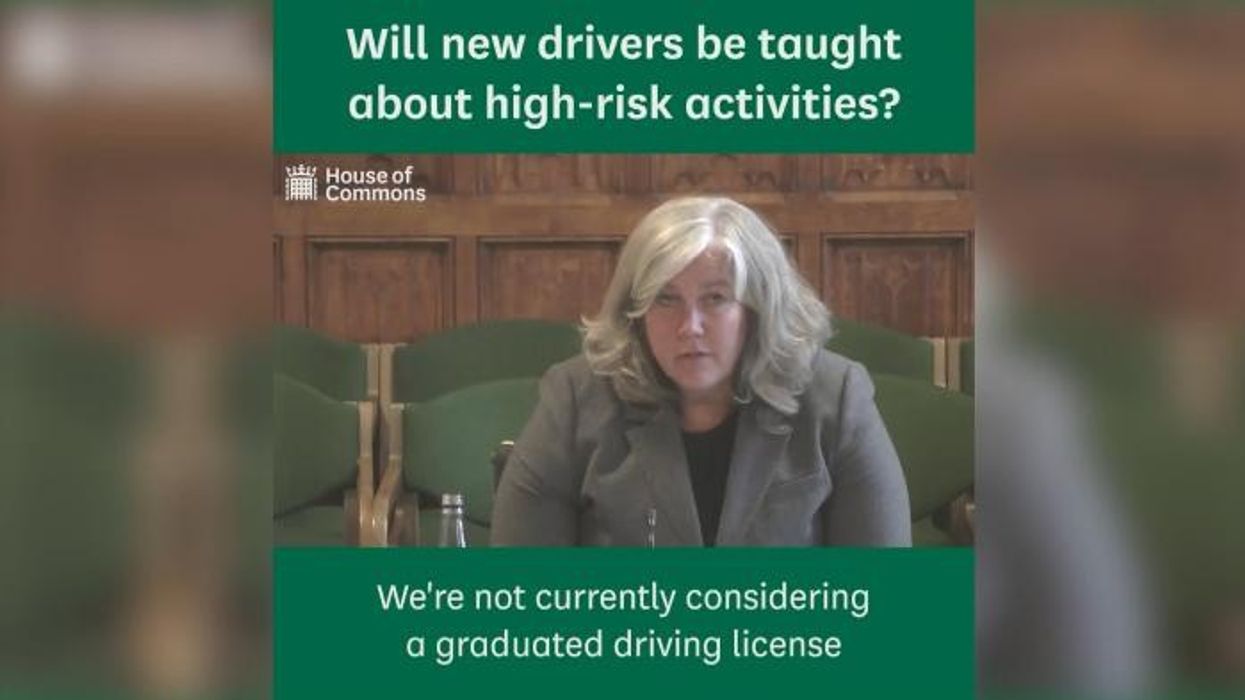DVSA to introduce new driving test changes next week offering thousands 'real-life' road experiences

The trial will begin on May 6, with learner drivers given more opportunities to use rural roads in practical tests
Don't Miss
Most Read
The DVSA is set to launch a new trial aimed at increasing the amount of time learner drivers spend on rural roads during their driving tests.
The three-month trial, which will begin next week on May 6, comes in response to concerning safety statistics about young drivers on rural roads.
Current data revealed that 48 per cent of casualties in collisions involving young car drivers occur on rural roads, compared to 42 per cent for other age groups.
The initiative aims to better prepare new drivers for the challenging conditions they will face after passing their test by offering them more opportunities to be exposed to harsher driving conditions.
Do you have a story you'd like to share? Get in touch by emailing motoring@gbnews.uk

The trial will last for three months with the DVSA then sharing its findings
|PA/GETTY
Rural roads are considered some of the most dangerous high-speed roads for inexperienced drivers, with the trial aiming to plug the gap.
The trial will run across 20 driving test centres throughout the UK, with up to four examiners participating at each location.
DVSA officials explained that the trial is designed to improve road safety by creating more realistic testing conditions that reflect "real-world" driving scenarios.
The trial will introduce three key changes to driving test routes without altering the content that learners need to know or the overall test duration.
Firstly, the number of stops during the test will be reduced from four to three, allowing for more time on higher speed roads.
The current requirement for four stops on lower speed roads limits how far test routes can extend. Secondly, the frequency of emergency stops will change from one in three tests to one in seven.
This adjustment reflects improvements in vehicle safety technology, with Anti-lock Braking Systems having been mandatory in new cars since 2004.
The third change offers flexibility to extend the independent driving section using sat nav from the current 20 minutes to potentially the full test duration.
The need for more action for learner drivers also follows the Transport Secretary Heidi Alexander addressing the issue of rural road safety for new drivers as part of the Government's broader road safety initiatives.
When questioned by the Transport Committee about potential restrictions for new drivers, Alexander clarified the Government's current position. "We're not currently considering a Graduated Driving Licence which would restrict new drivers from driving with additional passengers in the car," she stated.
However, the Transport Secretary acknowledged that rural driving experience is an area of active concern for the department.
She added: "More broadly your question about things like night driving, rural collisions and the experience of rural driving that's part of the work that is underway at the moment."
LATEST DEVELOPMENTS:

Younger drivers are more at risk on rural roads than other motorists
| PAThe Transport Secretary indicated that officials are reviewing potential measures to improve safety outcomes. The trial will take place at test centres including Avonmouth, Cambridge, Cardiff, Hendon, Maidstone, Norwich and Oxford, among others.
DVSA added that it will contact learners with tests booked at these centres to reassure them about the changes. The changes are designed to allow more time on rural and high-speed roads without altering what learners need to study or practice.
Throughout the trial period, DVSA will monitor the implementation and review the impact on test quality, route planning and road safety. Once concluded in early August 2025, the agency will share results and next steps with the industry.








